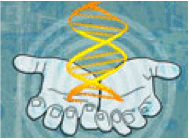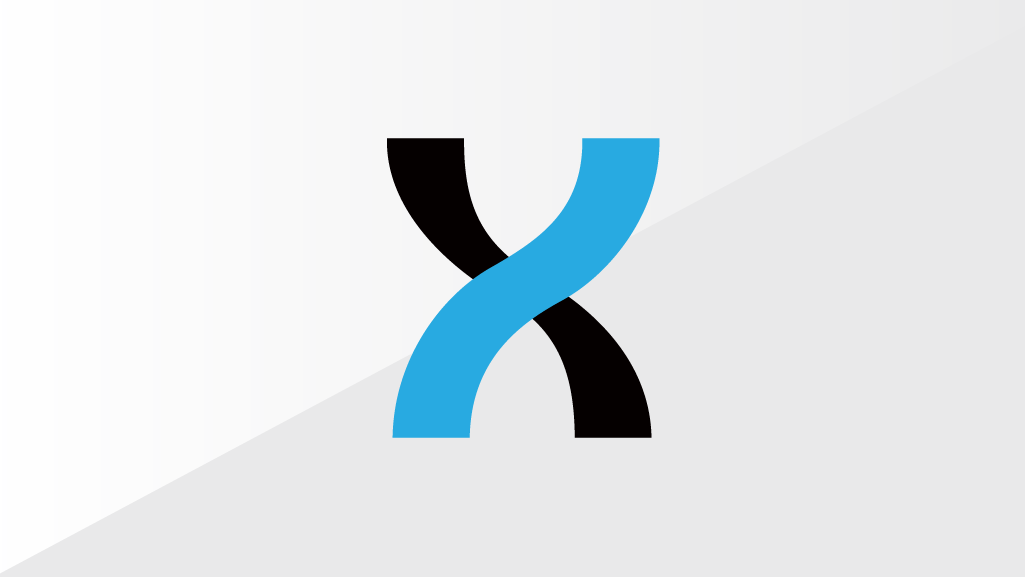 We recently attended the Sequencing, Finishing, and Analysis in the Future (SFAF) meeting, hosted by the Los Alamos National Laboratory from May 29-31 in Santa Fe. DNAnexus was a sponsor of this year’s event, which included a star-studded roster of scientific speakers.
We recently attended the Sequencing, Finishing, and Analysis in the Future (SFAF) meeting, hosted by the Los Alamos National Laboratory from May 29-31 in Santa Fe. DNAnexus was a sponsor of this year’s event, which included a star-studded roster of scientific speakers.
Among the great keynote presenters were Baylor’s Richard Gibbs; Mark Adams from the Venter Institute; and the NCBI’s Deanna Church.
As the conference name suggests, data analysis was a pillar of the event. There were several presentations on various hardware and software options, including data management and cloud computing. Other areas of interest included genome annotation pipelines and analytical tools for comparative genomics, structural variation, and more.
There were also a number of talks and posters centered on de novo bacterial and human genome sequence assembly methods, as well as metagenomic studies.
Andrey Kislyuk, one of our Senior Software Engineers, presented on deploying genomic applications in the cloud on DNAnexus. Anton Korobeynikov from the Algorithmic Biology Laboratory at the St. Petersburg Academic University, also presented on the improved SPAdes [1] , a new assembly tool (published in 2012) that has been ported as an app into the DNAnexus platform and is now available to all DNAnexus users.
SPAdes, which was recently recognized as a top performing assembler in the GAGE-B Evaluation, was designed specifically for single-cell genomics. Genome sequences from single cells have their own computational challenges, including lack of uniformity in read coverage and elevated numbers of chimeric reads and sequencing errors. Assemblers for next-gen sequencing are often confused by this data, which may have 100 times more coverage of erroneous segments than correct segments. SPAdes generates single-cell assemblies, providing information about genomes of bacteria that can’t be cultured that vastly exceeds what may be obtained via traditional metagenomics studies. SPAdes is intended for both standard isolates and single-cell bacteria assemblies.
You can try SPAdes and a number of other apps today by signing up for a free DNAnexus beta account.
Interested in developing your own app? DNAnexus is currently accepting new members for our developer program. If interested, please contact us at developers@dnanexus.com to enroll.
Our new developer portal provides lots of information including FAQs, quick start guides, sample code, and other technical resources.
[1] Anton Bankevich, Sergey Nurk, Dmitry Antipov, Alexey A. Gurevich, Mikhail Dvorkin, Alexander S. Kulikov, Valery M. Lesin, Sergey I. Nikolenko, Son Pham, Andrey D. Prjibelski, Alexey V. Pyshkin, Alexander V. Sirotkin, Nikolay Vyahhi, Glenn Tesler, Max A. Alekseyev, and Pavel A. Pevzner. Journal of Computational Biology. May 2012, 19(5): 455-477. doi:10.1089/cmb.2012.0021.

.png)
.png)
.png)